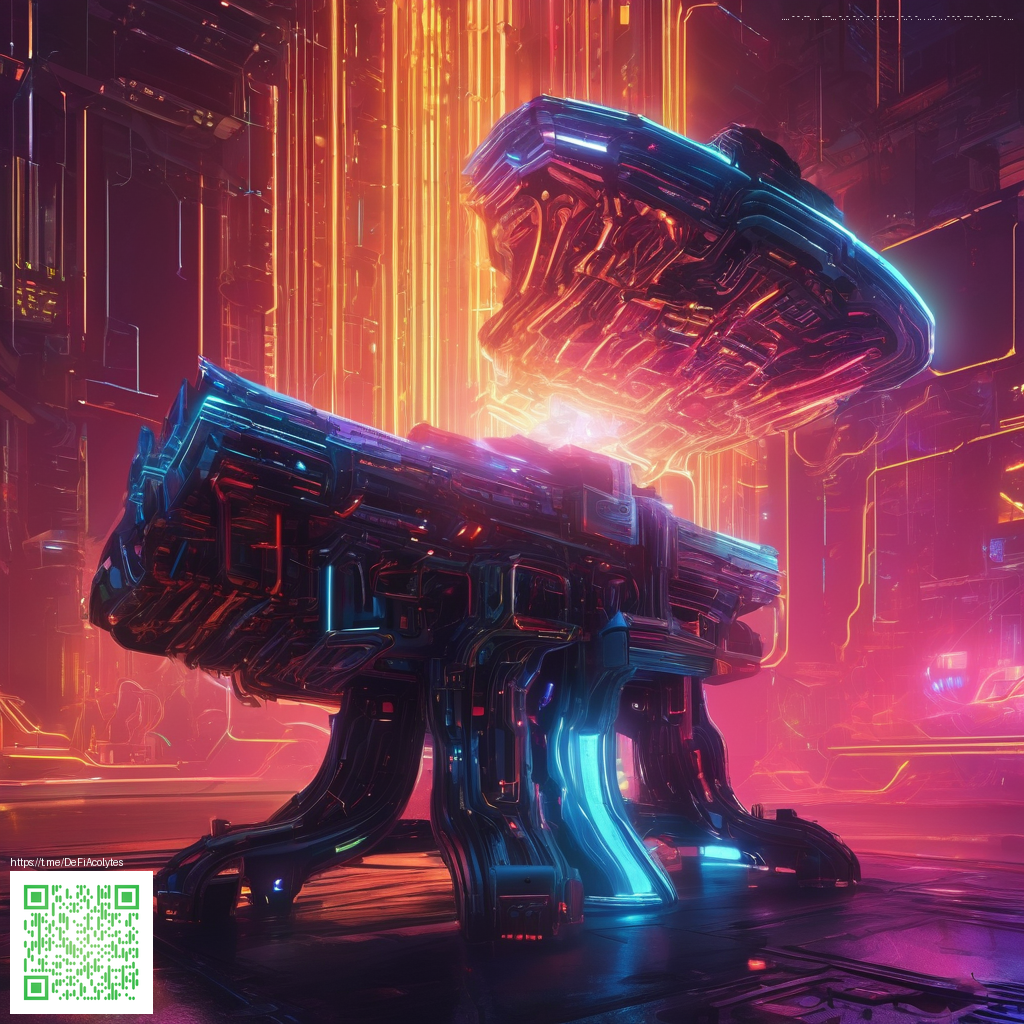
What happens when a player led community really reshapes a survival sandbox
The long running survival title known for its brutal nights and improvisation has grown into a living ecosystem thanks to the players who build, mod, and organize. From improvised base defenses to sprawling community run servers, people forged ways to push the game beyond its original scope. Those experiments lit a spark that continues to fuel conversations on forums, streams, and in countless play sessions across the globe. The result is a living tapestry of strategies and stories that redefine what counts as end game in this kind of world.
Gameplay shifts sparked by players
Early on the community began to tune the game in ways the official balance did not anticipate. Players experimented with loot pools and encounter density to craft more meaningful risk versus reward. On many community realms, day and night cycles were adjusted to heighten tension and pacing. These evolving playstyles spread through videos and write ups, turning niche experiments into widely adopted approaches.
As teams formed around servers and guild style play, players started coordinating priorities like resource gathering and security layouts. The results taught a broader lesson about emergent play: a world that invites cooperation often rewards creative problem solving more than raw gear grind. The conversation around these shifts becomes part of the game experience itself, a feedback loop that guides both players and developers.
- Custom loot pools that let players tailor risk and reward
- Dynamic Horde behavior on community hosted worlds
- Cooperative base building that demands teamwork
- Balancing experiments that inform official patch notes
- Player organized events and challenges that keep worlds alive
Community driven play proves that surprises arrive not from scripted content but from how players improvise together on the same map
Modding culture and tools
The modding scene blossomed into a genuine ecosystem with a shared language for textures, assets, and scripted encounters. Mod loaders, external editors, and documentation lowered the barrier for new builders to contribute. Veteran modders mentor newcomers, and the resulting packs often outlive individual play sessions thanks to organized collaboration and archival guides. This culture has made the game feel less like a static product and more like a platform for ongoing experimentation.
- Open ended mod packs that expand weapons and armor
- Tools that help players script quests and boss encounters
- Shared asset libraries and texture packs
- Community servers that test new mechanics before official release
- Documentation and wikis that accelerate onboarding
Update coverage and community feedback
Updates are no longer a one way street they become a dialogue. Official patch notes are discussed and debated on forums and streaming channels, with players offering practical notes on how changes impact late game bases and early exploration. The best summaries often come from long threads that compare pre patch and post patch behavior side by side. This culture of robust feedback helps shape what comes next while keeping the experience fresh for veterans and newcomers alike.
Developer commentary and community empathy
The development team frequently engages with players through livestreams and official channels, addressing concerns and highlighting community contributions. This openness builds trust and invites players to think of the game as a shared project rather than a finished product. When faced with difficult balancing debates or performance questions, the dialogue remains constructive and focused on preserving the core experience while accommodating creative experimentation.
For players curious to take part in this ongoing collaboration, the interest often begins with a simple dive into the ecosystem and a willingness to share ideas. The community has shown that when a game invites experimentation and hosts a tolerant space for experimentation, the result is a longer lasting, more resilient player base. The mutual respect between fans and developers helps turn passionate feedback into meaningful evolution.
Ready for a hardware sidekick that echoes the mindset of a vibrant gaming community Go check out a practical companion product that blends utility with style
Polycarbonate Card Holder Phone Case with MagSafe